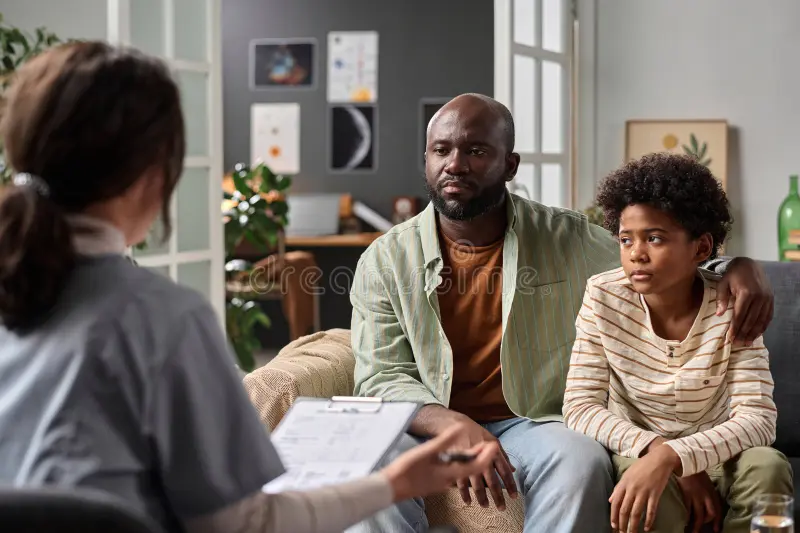24/7 Helpline:
(866) 899-221924/7 Helpline:
(866) 899-2219
Learn more about PTSD Treatment centers in Marion County

Other Insurance Options

Anthem

BlueShield

Sliding scale payment assistance

CareFirst

Absolute Total Care

Access to Recovery (ATR) Voucher

Coventry Health Care

BHS | Behavioral Health Systems

AllWell

Premera

Magellan Health

MHNNet Behavioral Health

Evernorth

Self-pay options

MVP Healthcare

Optum
Beacon

Sutter

Health Net

WellCare Health Plans

The Golden Rule
Sitting on 30 acres in Mauk, Georgia, the renowned Golden Rule is a drug and alcohol rehab center fo...
















